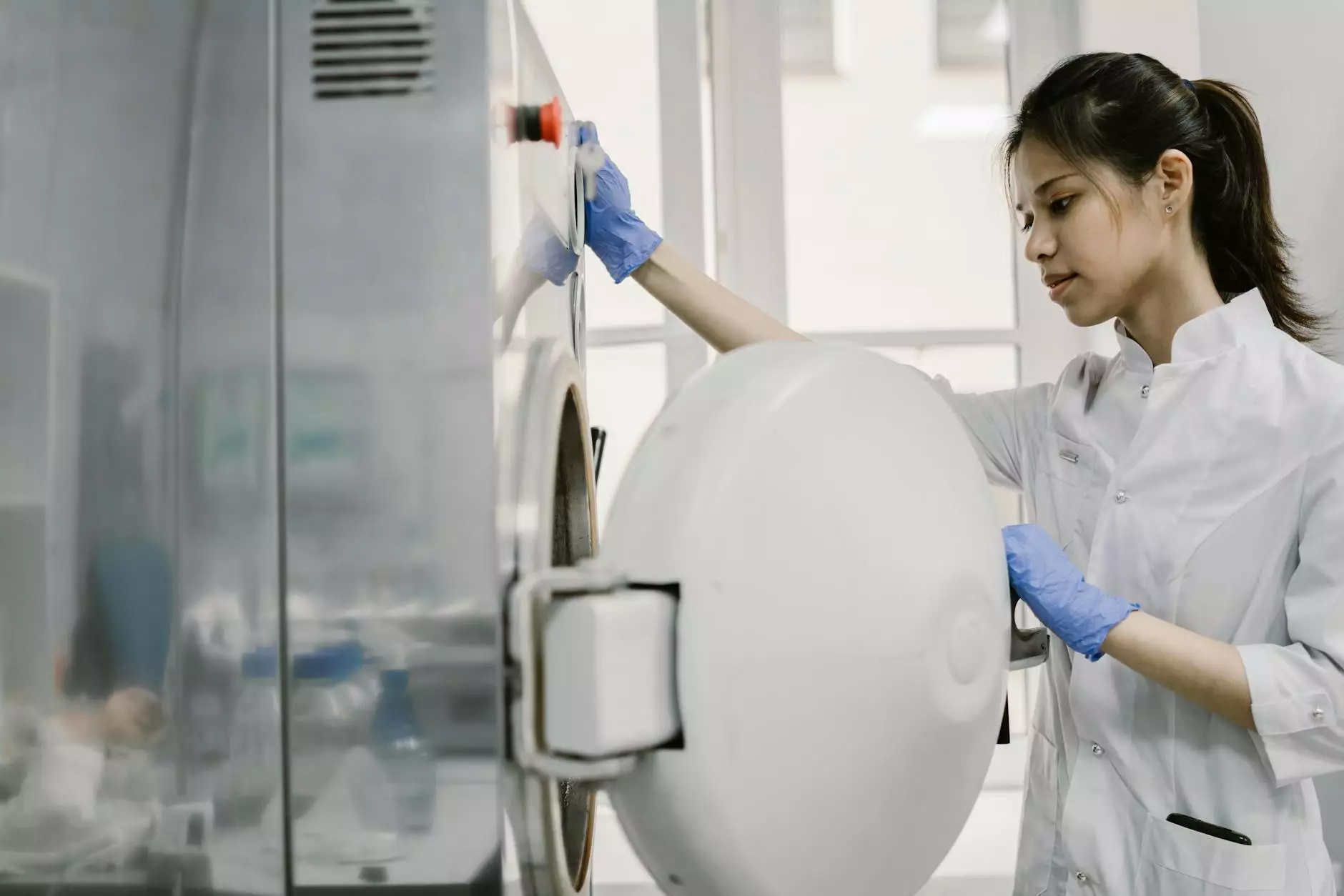Unlocking Excellence in Gynecology Surgery Instruments: A Complete Guide for Medical Professionals

In the rapidly evolving field of medical supplies, especially within health & medical markets, access to the highest quality gynecology surgery instruments is essential for achieving optimal patient outcomes. As equipment innovation aligns with stringent safety standards, it becomes increasingly important for healthcare providers to select instruments that combine precise functionality, durability, and ergonomic design.
Understanding the Importance of Specialized Gynecology Surgery Instruments
Gynecology surgery requires highly specialized instruments designed to offer surgeons exceptional control, minimal tissue trauma, and enhanced visualization. These tools are crucial for procedures ranging from routine examinations to complex surgeries such as hysterectomies, laparoscopies, and minimally invasive interventions.
Why high-quality gynecology surgical instruments matter:
- Patient Safety: Ensuring minimal risk of infection, bleeding, or inadvertent tissue damage.
- Procedure Effectiveness: Facilitating precise and efficient surgical interventions.
- Surgeon Comfort and Control: Ergonomic designs reduce fatigue and enhance dexterity.
- Compliance with Medical Standards: Conformance to international sterilization and safety protocols.
The Role of New MedInstruments in Supplying Premium Gynecology Surgery Instruments
As a leading entity in the medical supplies market, New MedInstruments specializes in delivering cutting-edge, reliable gynecology surgery instruments. Their comprehensive range emphasizes quality, innovation, and compliance with medico-legal standards, positioning them as a trusted partner for healthcare facilities globally.
Detailed Overview of Essential Gynecology Surgery Instruments
Effective gynecology surgical procedures depend on a diverse set of instruments. Here, we explore key tools, their design, and their specific functions:
1. Speculums
Speculums are fundamental for vaginal examinations. Modern speculums are crafted from stainless steel or high-grade plastic, facilitating repeated sterilization and risk reduction. Features to consider include:
- Adjustable opening sizes
- Ergonomic handles for ease of use
- Anti-fog or antimicrobial coatings
2. Hysterectomy Instruments
These include a variety of scissors, forceps, and clamps designed for tissue dissection, occlusion, and removal of the uterus. Typically, they feature:
- Heavy-duty construction for robust tissue handling
- Precision blades for clean cuts
- Ergonomic grips for prolonged procedures
3. Laparoscopic Instruments
Laparoscopy has revolutionized gynecological surgery, necessitating specialized instruments such as:
- Laparoscopic scissors and graspers
- Miniaturized electrocautery devices
- Insufflators and trocars for minimally invasive access
4. Curettes and Curettors
Used for intrauterine procedures, these instruments require craftsmanship to ensure precise tissue removal with minimal trauma. Features include:
- Varied tip shapes for different procedures
- Comfortable handle designs for controlled movements
5. Clamps and forceps
Designed for occluding blood vessels and manipulating tissues, these instruments must meet strict standards for durability and sterilization compatibility.
Innovations in Gynecology Surgery Instruments: Enhancing Efficacy and Safety
The landscape of gynecology surgery instruments is constantly advancing. Innovations include:
- Ergonomic Designs: Reduce surgeon fatigue, improve precision, and facilitate longer procedures.
- Single-use Instruments: Minimize infection risks and guarantee sterility.
- Integrated Technologies: Incorporating advanced optics and lighting for better visualization during minimally invasive surgeries.
- Material Advancements: Use of composite and antimicrobial stainless steels to improve durability and sterilization lifecycle.
Ensuring Quality and Compliance in Gynecology Surgical Tools
Choosing instruments that adhere to international quality standards is non-negotiable. Reputable suppliers like New MedInstruments guarantee:
- ISO certification compliance
- Material safety documentation
- Sterilization assurance and autoclave compatibility
- Robust manufacturing processes with strict quality controls
Factors to Consider When Purchasing Gynecology Surgery Instruments
Healthcare providers must consider multiple factors to select the ideal surgical instruments:
- Type and Procedure Specificity: Instruments tailored for specific gynecological surgeries.
- Material Quality: Corrosion-resistant stainless steel, or medical-grade plastics where applicable.
- Ergonomics and Comfort: Handles designed to reduce fatigue and provide precise control.
- Price and Budget: Balancing cost with quality and durability to achieve long-term savings.
- Supplier Reliability: Partnering with trusted providers like New MedInstruments ensures timely delivery, warranty, and after-sales support.
The Future of Gynecology Surgical Instruments: Towards Safer and More Effective Procedures
Looking ahead, advancements such as robotic-assisted surgeries, smart surgical tools integrated with digital technology, and enhanced sterilization techniques promise to redefine gynecological procedures. The focus remains on patient safety, surgical precision, and minimally invasive approaches.
Conclusion: Investing in Quality for Better Patient Outcomes
In the realm of health markets, the emphasis on superior medical supplies like gynecology surgery instruments is integral to advancing healthcare standards. By collaborating with established suppliers such as New MedInstruments, medical professionals can select tools that deliver unmatched quality, safety, and innovation. Ultimately, the right instruments not only facilitate successful surgeries but also foster trust and confidence in healthcare institutions.
Investing in top-tier gynecology surgery instruments is a commitment to excellence, safety, and better patient care. Equip your practice with the best that modern medical technology offers, and witness better surgical outcomes and higher standards of healthcare delivery.









